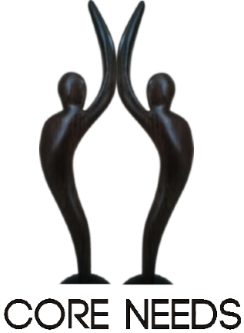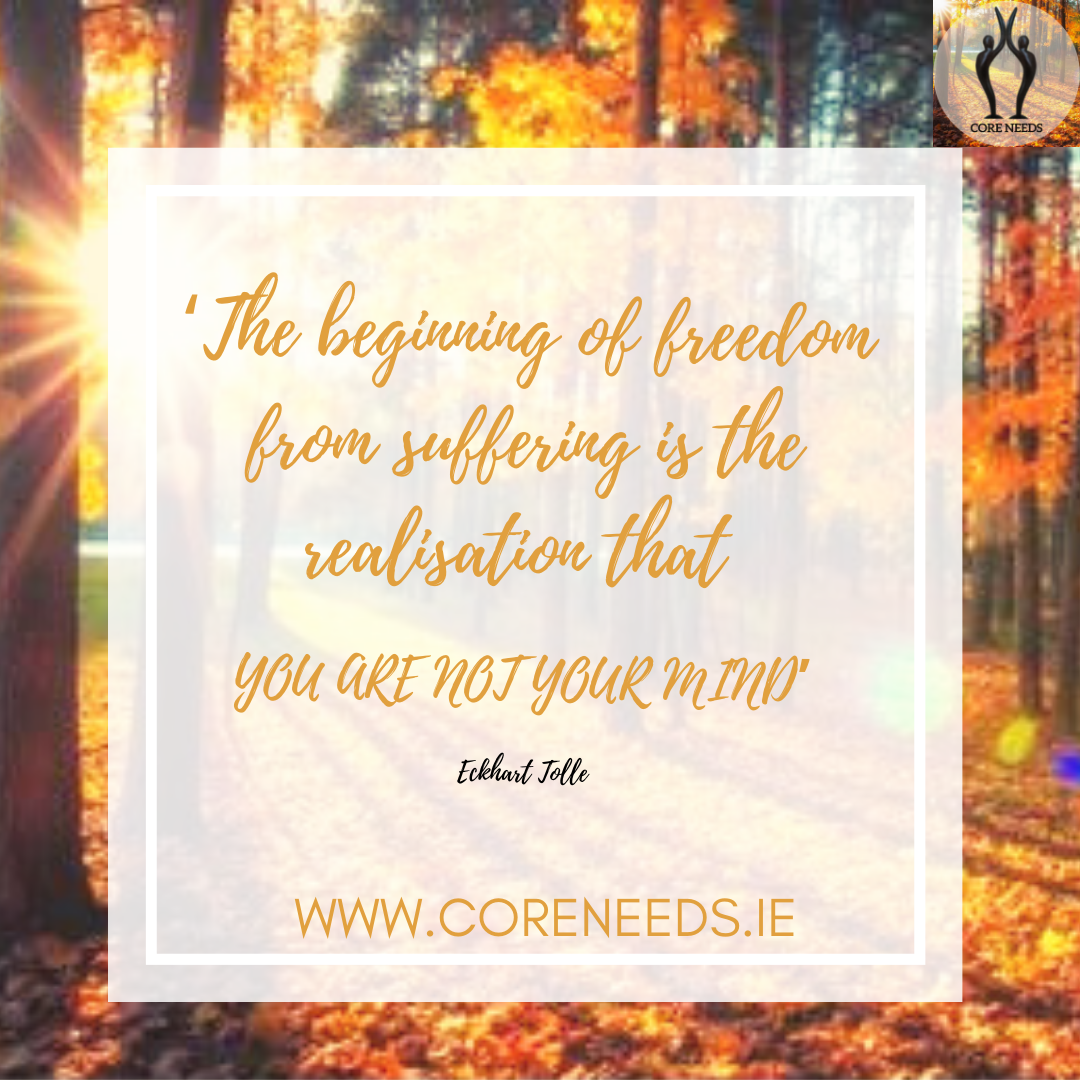WHEN CHANGING YOUR MIND IS THE RIGHT THING TO DO
Some years ago, I read Eckhart Tolle’s book ‘The Power of
Now’. It was a difficult read at the time because I found it hard to grasp both
the complexity and the simplicity of what he was saying. Complex if you are in
the throes of living a busy, heady, left-brained life, but simple in that the
core tenet of it was simply to learn to separate ‘yourself’ from ‘your mind’,
which should be a tool that you use, rather than the other way round.
But most of us are in the habit of believing everything ‘our minds’ tells us about ourselves and doing everything our mind tells us we ‘need to do’. By the time, we reach adulthood, we have absorbed so much from outside of ourselves whether through family, school, peers or other influences, we are so conditioned into thinking a certain way, to holding certain beliefs about ourselves and others, to identifying with our ‘mind’ and all it has accumulated over the years, to the extent that this becomes our personality. However, the reality is that this is rarely who ‘we’ really are, merely who we have become, to fit into the particular world in which we grew up.
Not all, but probably the majority of people, if they can separate themselves long enough to actually listen to their mind, will notice the volume of ‘negative self-talk’, the fear-based thinking or maybe on the other hand, it will be the judgement of others rather than themselves, but nonetheless stemming from fear and insecurity if you look deeper.
The mind tends to keep us very busy, mostly in the past or in the future, but rarely in the present moment, which is when our life experience is actually happening, so technically we are not present, available, conscious or aware for most of the minutes, hours, days and years of our lives, and to truly appreciate all we proclaim to value about it.
Think about it. How much of your day today so far do you really remember, in detail? Did you do anything on autopilot while ‘your mind’ was elsewhere? Was that almost all the time? What percentage of it was positive as opposed to critical or negative? If you tried not thinking for one full minute, how successful would you be? Who or what is controlling you then?
Would this reality give any insight into why we operate so much from fear-based thinking, why we react almost unconsciously rather than consciously respond, and why we struggle so much to enjoy the simple pleasure of whatever is going on in the moment?
We try to control so much with our minds when in fact the mind is controlling us most of the time.
Much of positive psychology teaching and tools today, emphasise non-resistance, letting go, accepting the ‘isness’ of the moment as a way of letting go of the struggle, simply accepting what is, what has already occurred or is happening, doing what you practically can do about it and then getting on with life, without overthinking, without trying to control it all. This goes against natural instinct for most ‘fixers’ and ‘doers’ out there. It’s a simple shift in perspective, but one that releases a lot of pressure and responsibility. Simple but complex!
Before you can achieve that goal however of real presence and acceptance in everyday life, it’s usually necessary to find a way to re/connect with yourself, to get out of the head and into the body.
In this process you start to observe thoughts, patterns, habits, self-talk and conditioned ways of being, reacting, of seeing and presenting yourself. Once you do this, you can start to make changes, to choose different perspectives, to choose better responses, to develop new habits and in doing so, change the quality and direction of your life. That shift in perspective towards accepting what already ‘is’ (as there is nothing you can do about something that has already occurred) is a prime example of how you can use your mind differently, to choose different responses to situations as they arise. You then start to become more your true self, rather than the conditioned, artificially created one.
Interestingly, as people progress along this deeper path, they tend to start to enjoy simple things more, whether it’s a nice sunset or a brief chat with a stranger, they spend more time with this increased ‘space’ doing what they enjoy, now that they actually know who they are and what they like, as opposed to the ‘conditioned’ version they mistook for themselves or buried under all the busyness and ‘to do’s’. They are letting go more, resisting less, trusting more, in the universe, in God, in the quantum field or whatever expression of personal or spiritual growth or self-actualization they identify with.
‘People need something to hold onto, especially when times get tough’, is a phrase I have heard multiple times, usually from the older generation, usually referring to the demise of traditional religious practices among ‘younger people’, which is basically anyone under 60 or 70 from their perspective.
But past generations trusted and believed that they weren’t on their own, that they didn’t need to solve it all, fix it all, pre-empt it all, they just needed to do their best with the right intentions and they would cope as best they could with whatever life threw at them.
So maybe people are indeed searching for something and finding it, in themselves, in a more connected, intuitive and natural way of living, as a modern-day form of spirituality in place of or alongside traditional practices, and the interesting thing is that more and more people are doing this, usually without others knowing!
“If you get the inside right, the outside will fall into place. Primary reality is within; secondary reality without.” – Eckhart Tolle
Breda Stewart
Core Needs Coaching
You’re always making choices … even when standing still
Email: stewartbreda243@gmail.com
Phone: 087 7436254
Web: www.coreneeds.ie

